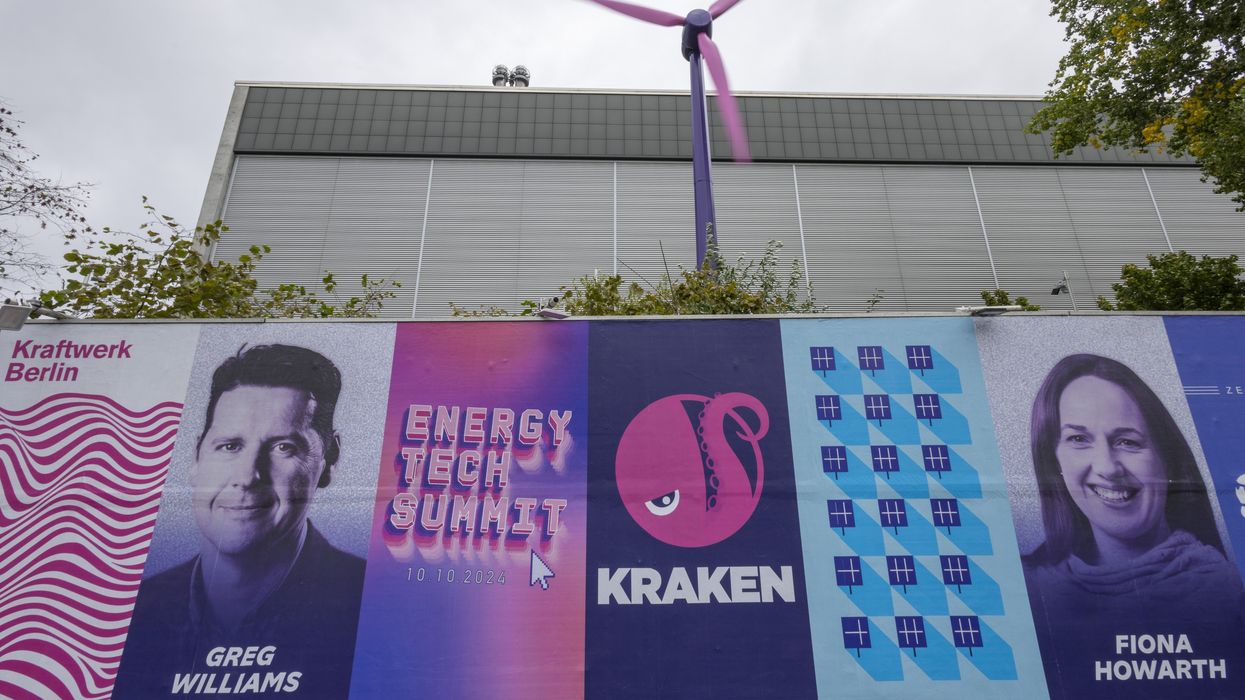Octopus Energy, the UK’s largest electricity supplier, has launched its first home electric vehicle (EV) charger, named Octopus Charge. The charger is designed to integrate with the company’s smart energy system to enable cost-effective and environmentally friendly charging.
Smart charging through Kraken platform
The new Octopus Charge device connects to the energy supplier’s proprietary Kraken platform, which automatically adjusts charging to coincide with times when electricity is cheapest and greenest. This enables EV owners to take advantage of lower rates and reduce their carbon footprint.
The charger also integrates with Intelligent Octopus Go – a smart EV tariff – and the recently launched Drive Pack tariff. The latter allows for unlimited overnight EV charging at home for £30 per month, making it a potentially attractive option for frequent drivers.
Limited early access and launch schedule
Initially, the charger will be available to customers who use Octopus Energy’s EV leasing service. A wider rollout to all Octopus Energy customers is scheduled for August 2025.
To promote early adoption, the first 100 customers to install the charger will receive up to 5,000 miles of free charging. This promotional offer equates to enough electricity to travel the full length of the UK from Land’s End to John o’ Groats and back.
Expanding low-carbon home technology
Although Octopus Charge is the company’s first EV charger, it follows a broader strategy by Octopus Energy to offer home energy hardware. In September 2023, the company introduced the Cosy 6 heat pump at the Energy Tech Summit in London. The product aimed to reduce upfront costs for consumers and encourage the adoption of low-carbon heating solutions.
Building on this, the company launched the Cosy Octopus tariff in June 2024, specifically tailored for heat pump users. Both moves align with Octopus Energy’s goal to help UK households transition to greener, more efficient energy usage.
Rebecca Dibb-Simkin, chief product officer at Octopus Energy, said the company was “delighted” to launch its first charger. “Charging at home is already better than queueing up at the petrol station – and now we’ve made it even simpler,” she said.
Home charging key to EV affordability
Data shows that the cost of charging an EV at home is significantly lower than using public charging infrastructure. Analysis by Cornwall Insight reveals that home charging – especially on off-peak tariffs – can save drivers as much as £1,500 per year compared to public chargepoints.
Despite this, widespread access to home charging remains a challenge. While around 80% of EV drivers currently benefit from home charging, approximately 75% of UK homes do not have a private driveway, limiting access to at-home installation.
Policy changes aim to remove barriers
Until recently, installing a home EV charger often required a planning application, which added complexity and cost. However, a recent policy change by the UK government has eliminated the need for planning consent for home and business EV charger installations.
According to the Department for Transport, the change could save households around £1,100 on average, helping more people afford home charging setups and supporting the broader transition to electric vehicles.





